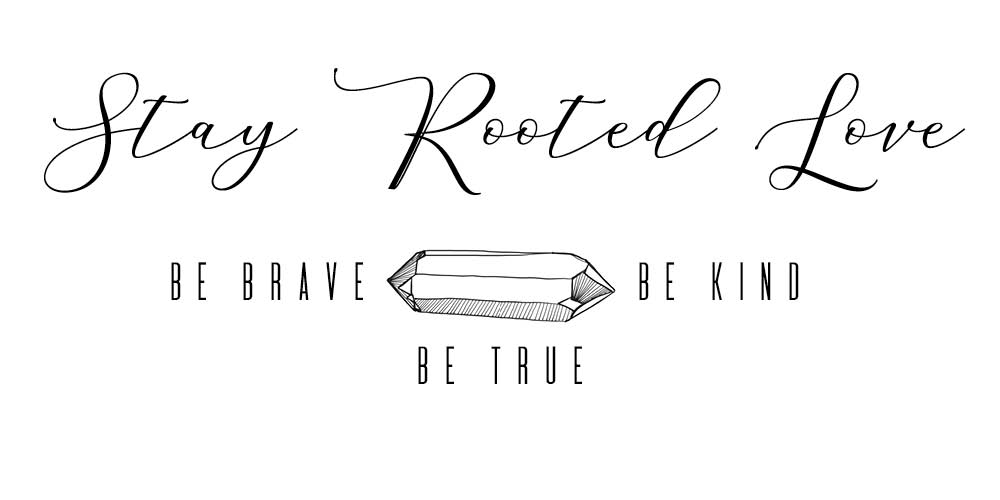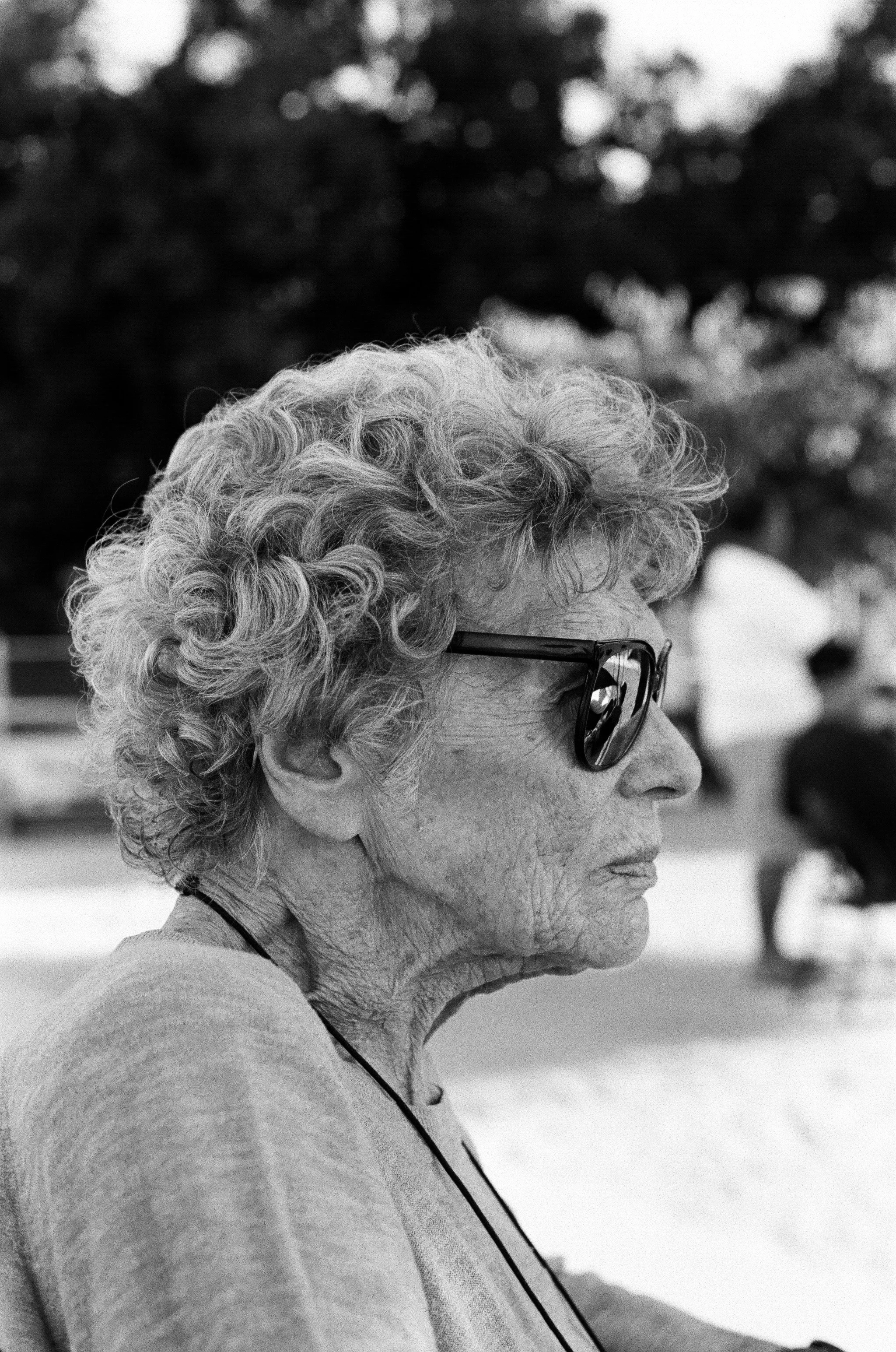On Death and Dying
Several months ago I read Smoke Gets in Your Eyes, by Caitlin Doughty. Caitlin had a fascination with death and what happens after you die, whether it’s embalming, cremation, or other rituals and practices. She worked at a crematory in her early twenties, and her book chronicles those experiences. Caitlin is able to balance both whit and humor with sincerity and respect for the dead (and the living). Until I read her book I didn’t know much about what happens to the physical body after death. I knew that dying was expensive. I knew you could be six feet under or cremated and scattered. But there is so much more to it.
Our American culture is so death avoidant. We usually talk about someone “passing” instead of dying. Even this simple example of semantics has a huge impact on how we feel about death. I used to watch Downton Abbey, and there is a line from the Dowager Countess, played so beautifully by Dame Maggie Smith, that has always stuck with me. Another character is referring to the “loss” of their husbands. The Countess replies that she hasn’t lost her husband, he has died.
On December 20th, 2018 my grandmother died. She fell in her apartment on the evening of December 15th and hit her head. She spent the next five days in the hospital and was unconscious for it all. Those five days were some of the most excruciating of my life. It was incredibly difficult to see my grandmother in the hospital bed, because it didn’t really feel like her. But the thing that troubled me the most was the idea of her being scared right as she was falling. Or, was she conscious on the inside in that hospital bed and afraid of death that was right around the corner? Did she feel all alone? or did she know that we were right there with her?
I come from a Christian family and grew up believing in heaven and hell. At this point in my life I’m not quite sure what I believe in. But I do know that even when I believed in the reassurance of heaven and the afterlife I was terrified of death. Belief in spending eternity with God in heaven is supposed to bring reassurance and hope. For me, the idea of eternity, of things never ending, was a great source of anxiety.
My grandmother is the first person in my life that I have truly loved that has died. I know that I am fortunate in that I am almost thirty and this has just now happened. I also know that as time goes on I’ll be hit with sadness about her death at certain times. I wrote a letter to my grandmother last year while away on retreat. In it I expressed my fear of her dying. She has given me so much in this life far beyond her love and affection. She put me through college, both undergraduate and graduate school. She has supported me financially in a million different ways. She has encouraged me in my adult years as I search for my career path. She comforted me in the best way she knew how when I went through the loss of relationships in my life. I wish that I could give her the gift of watching me get married, having children, and achieving more goals.
My grandmother, wise and practical as she is, set everything up for her death. She wrote out instructions for my mother (an only child and sole caretaker of my grandmother) back in 2010. She paid for her own cremation and dictated where she wanted her ashes scattered. Reading Caitlin’s book, and then watching my mom go through the process of dealing with the body after death was very odd and informative. It was also strangely comforting.



